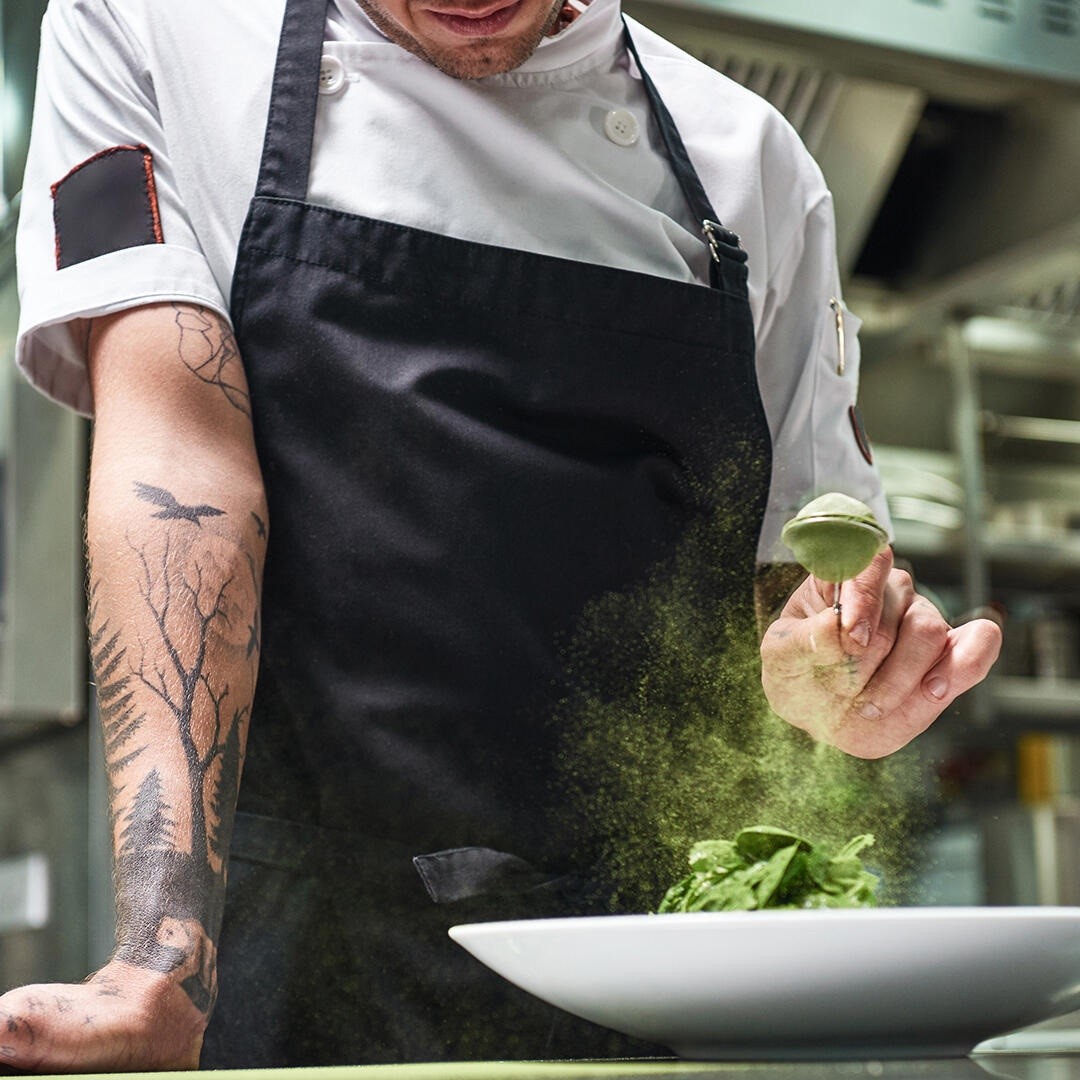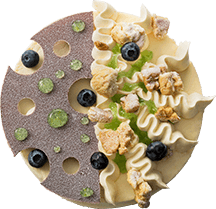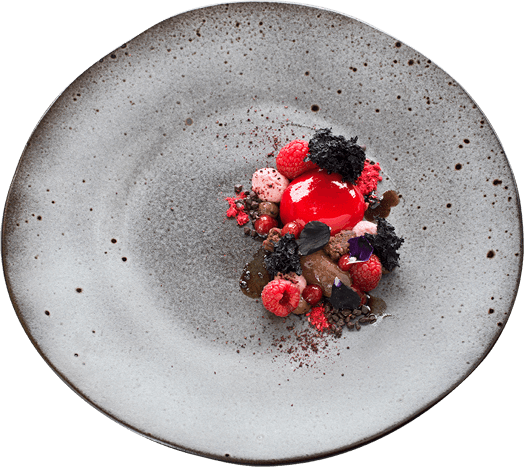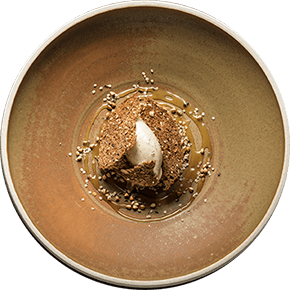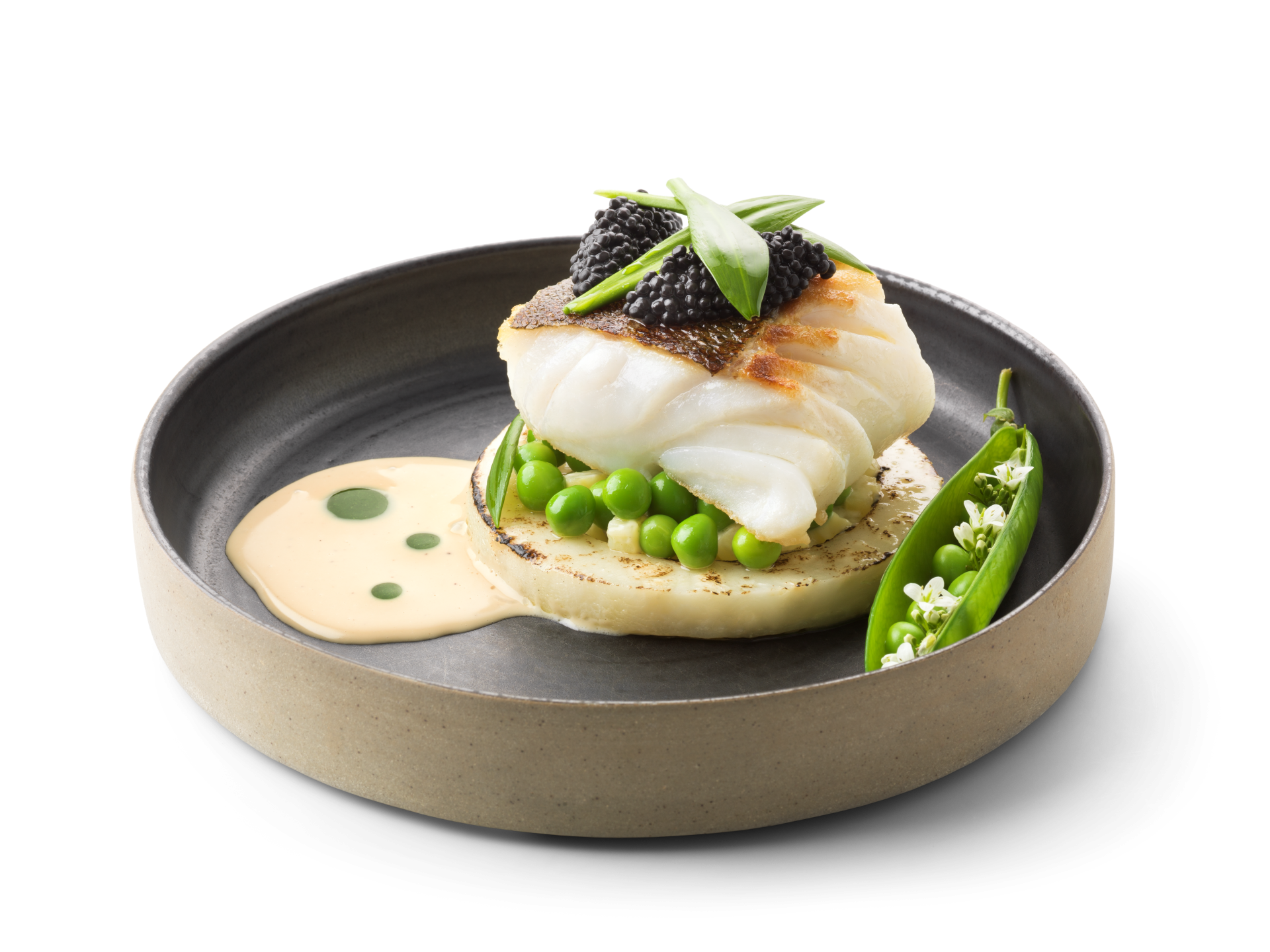How can you make the bakery more sustainable?
We must and want to be sparing with the resources of our planet, which offers so many wonderful ingredients for our bread and pastries. As a baker or pastry chef, you too can do your part to reduce your footprint on Earth. For example, by being smart and careful in the way you handle energy and ingredients. And by treating hardly anything as waste.
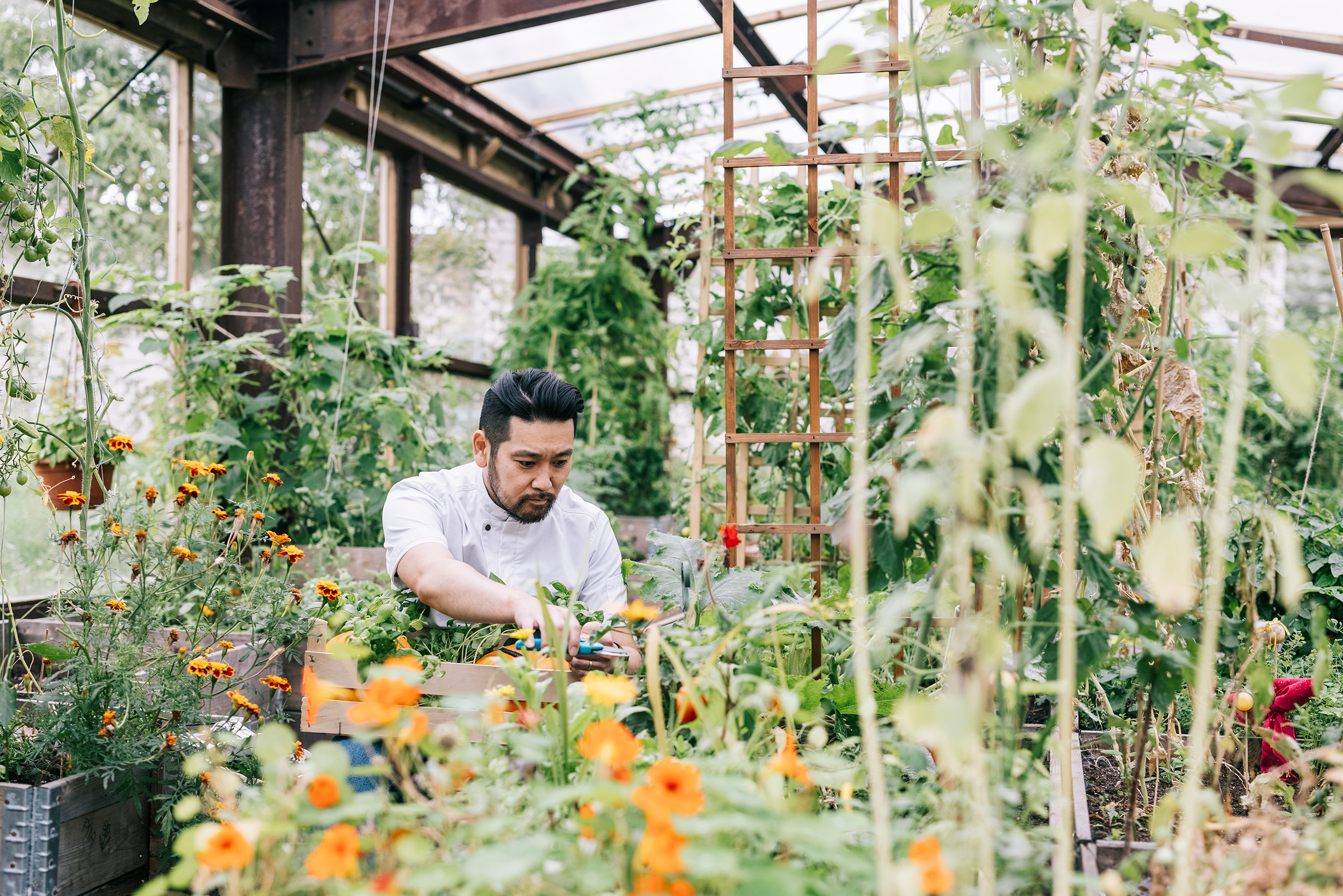
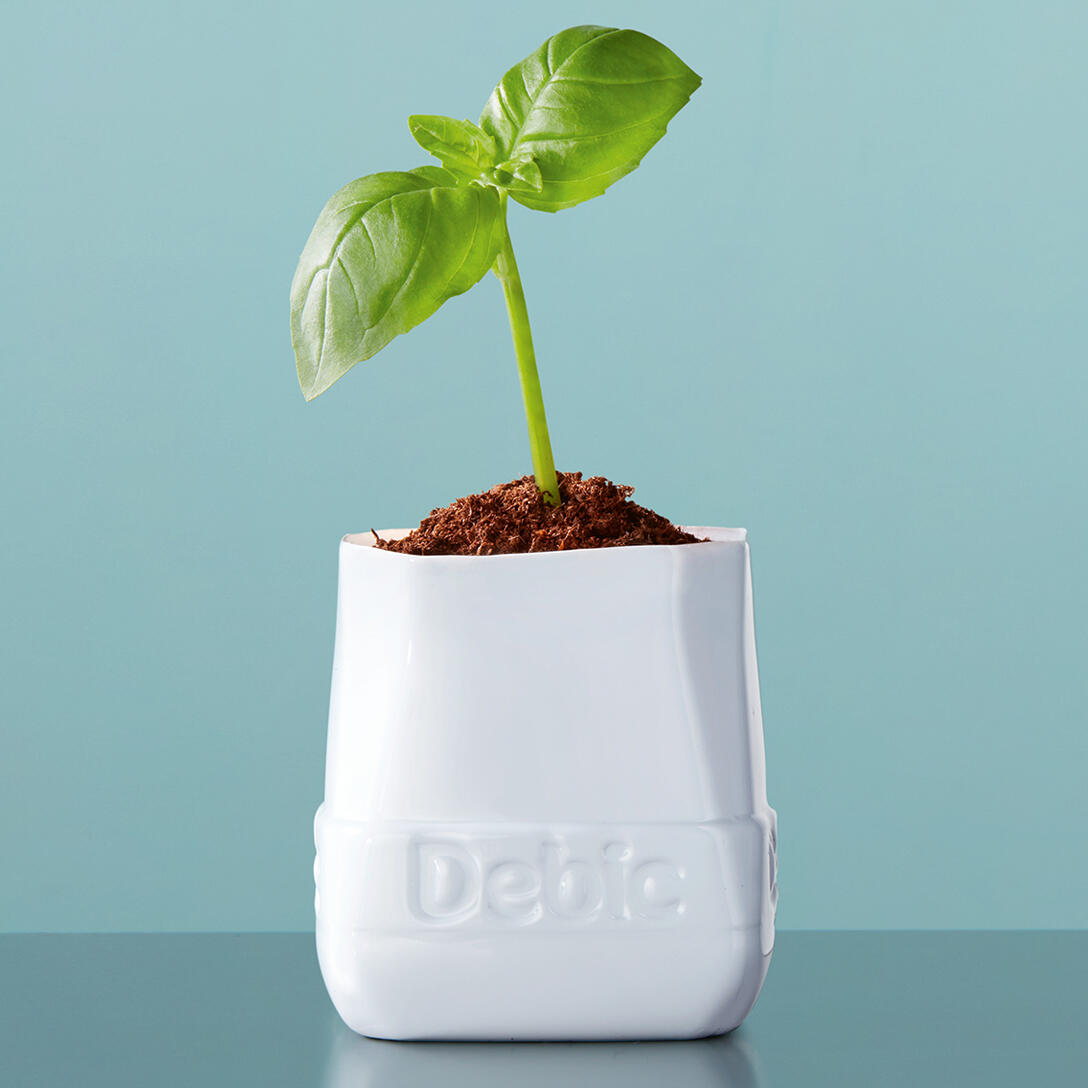
We must and want to be sparing with the resources of our planet, which offers so many wonderful ingredients for our bread and pastries. As a baker or pastry chef, you too can do your part to reduce your footprint on Earth. For example, by being smart and careful in the way you handle energy and ingredients. And by treating hardly anything as waste.
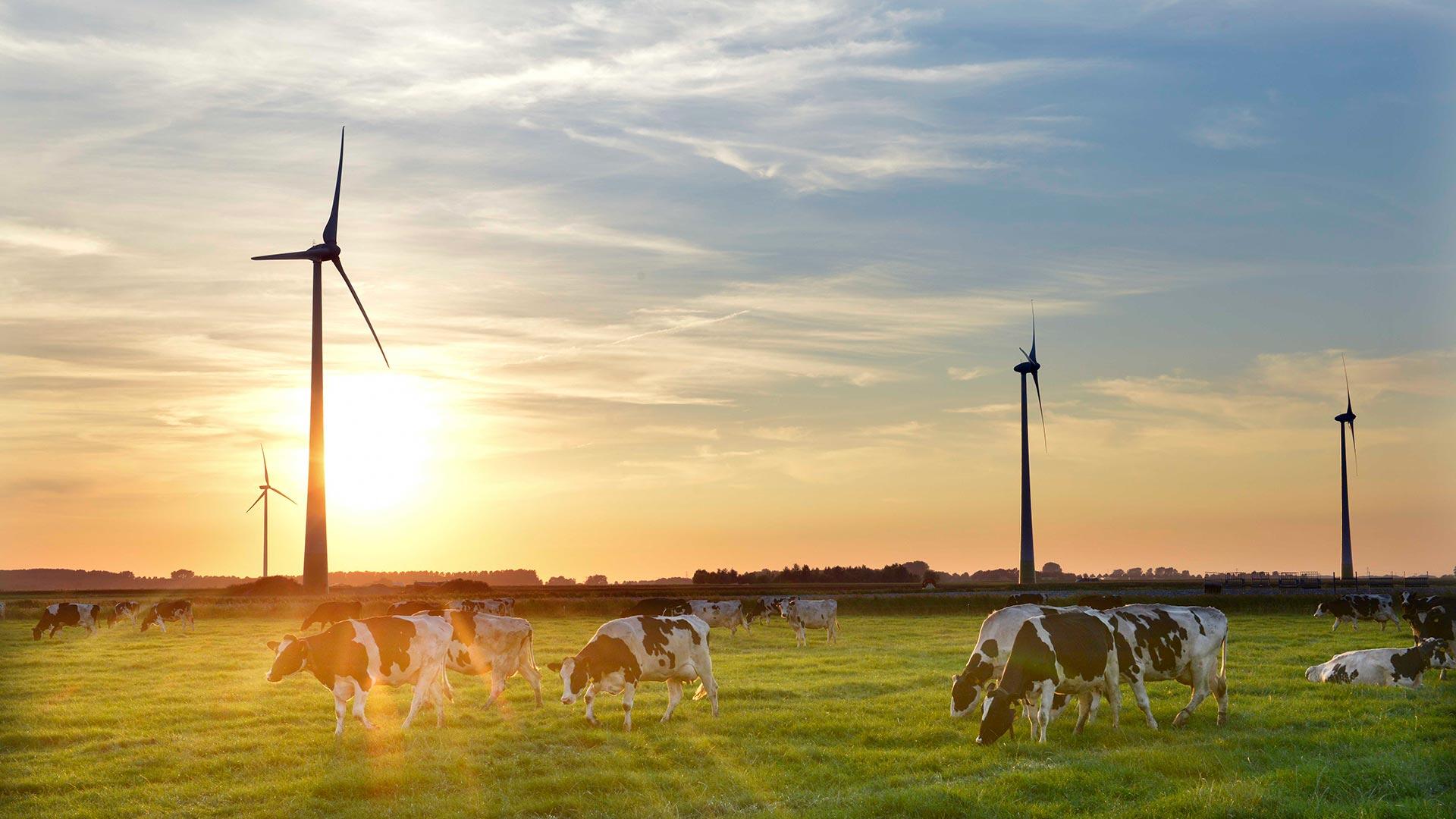
Food production takes a lot out of our Earth. No less than a third of all environmental impact comes from our food production. That is why we, as producers, have to make sustainable food choices. Running a bakery sustainably means producing, packaging and transporting your bread, pastries, chocolate and ice cream responsibly. To produce food sustainably, you need to take the entire food chain into account. Think of animal welfare, energy and water use, greenhouse gases, fair trade and sustainable employment of staff. In other words, eating sustainably is about much more than just the food.
Sustainable choices
At Debic, we work with our dairy farmers on further reducing our greenhouse gas emissions by good agricultural practices, by cutting energy use and using alternative energy sources, such as wind energy and solar panels. We also encourage our farmers to further enhance biodiversity on and around their farms, graze their cows outdoors and use veterinary medicines responsibly: for example, animals are treated with antibiotics only when they are sick.
You are probably already making all the necessary sustainable choices in your bakery. But it is always good to take a close look from time to time at possible ways to do even better. Opt for green energy, install solar panels on the roof, use LED lighting and use motion detectors so that lights are not left on unnecessarily anywhere. Save water use by means of energy-efficient dishwashers or water-saving taps. Check whether you can install a heat recovery system, so that you can reuse the heat from the ovens. Research the possibility of using electric instead of gas ovens. Reduce transport needs by buying locally. Make a conscious choice of suppliers who produce organic or sustainable food: their way of working will also have an effect on yours. Opt for recipes and methods of preparation that you can use for several products, so that you can save ingredients and energy.
Make conscious choices
Those who work sustainably make conscious choices. For example, think carefully about what ingredients you want to use. Of course, you can buy strawberries all year round. But is that what you want? Working with the seasons is considerably more sustainable, since it avoids the need to transport food over long distances, and there are no greenhouses that need heat or light to produce the ingredients of your choice. Meat has a large carbon footprint because of the way it is produced. So come up with some vegetarian snack options, which can be a great alternative to sausage rolls or pasties. There are also savings to be made on packaging materials. Look for alternatives to plastic packaging, and opt for suppliers who have given a lot of thought to this. Bakery products are perfectly suited to packaging in cardboard, paper or bamboo. Coffee to go can also be provided in paper cups. Store food in stainless steel containers and use glass, ceramic or stainless steel pots for loose ingredients. Use lids instead of cling film to cover bowls and containers.
Preventing food waste
One third of all our human food production is wasted. This means that worldwide every year 79 tonnes of food per second are wasted. What a shame! Not only for the food itself, but also the effort and energy involved in preparing it. Together, we can prevent a lot of that waste. If you have some fruit that don't look their best and can’t be used to decorate your pies, use them up in mousses or bavarois. Check the expiration date of refrigerated and frozen products regularly and take action when needed, for instance by coming up with a new product. You can also offer a product that you are likely to have in excess. Take a critical look at the storage areas for your ingredients. By storing ingredients in the right way and in the right place, they will last longer.
Recycling is also an important way to prevent food waste. Make new products out of food that you can no longer offer directly to consumers. For example, make bread pudding or croutons out of old bread: products that fit perfectly with your range. From time to time, take a critical look at all the things that end up in the rubbish bin. Are there regularly ingredients that are past their expiration date? Discuss with your team whether you can shop with more forethought. Are they products that are still perfectly edible? In that case, donate them to the food bank or another charity.
In order to prevent food waste, you can sign your company up with the Too Good to Go app. You make a package of leftover products and at the end of the day, sell it at a reduced price. Users of the app can see if they might be able to come and pick up a package from you on that day. Social media are also good channels for communicating about this. For instance, you can distinguish between a bread and a pastry package, but of course what you want to include is entirely up to you. For consumers, the contents of the package are a surprise. Customers who come to get a package often buy something else. In any case, they will get to know your product range.
Zero waste
Waste is a shame – and not only when it comes to ready-to-eat products. Take a critical look at waste from your bakery: some ‘leftovers’ could be used to make other products. If you make your own artisanal ice cream, you can add some broken cookies or chocolate or fragments of pound cake, pastries and sponge cake. You may also be able to use them to make new cakes. Separate paper, plastic, glass and other waste so as to be able to recycle them appropriately. Consider upcycling: old work clothes can be turned into something nice, and furniture that you want to replace may be given a second life elsewhere. Check whether there are any local initiatives that would be happy to get what you no longer need – or think of a way of reusing it yourself.
Working with sustainable partners contributes to reducing your own environmental footprint. At Debic, too, we are working every day for a better world, less waste and a more sustainable dairy supply chain. We look critically at our transport: our trucks are increasingly being equipped with solar panels or special tanks that run on a mix of diesel and liquefied natural gas. We aim to reduce our emissions by 30% by switching to green fuel for our transport. In our production process, we are now using one hundred per cent green energy and are reducing our gas and water use. We are trying to use as little packaging material as possible, and to use renewable or recycled materials whenever possible. In addition, we are working on making our packaging 100% recyclable. Together, we keep the world beautiful!
